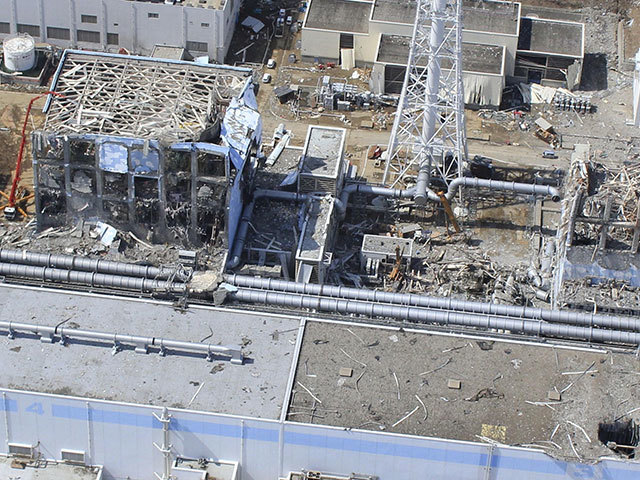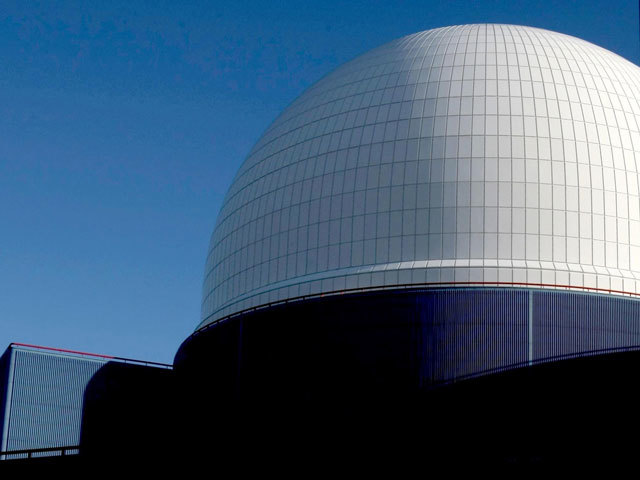
The British Embassy in Tokyo is one of the most active and also most interesting in our worldwide network.
I have visited the Embassy many times over the years. Returning last month, it was good to catch up on what has been happening on the nuclear front as my most immediate previous reason for being there was to lead a British mission seeking work in the aftermath of the Fukushima disaster.
Just after I departed this time, a delegation with a strong Highland twang was about to hit town. Though not directly related to Fukushima, it had the same focus on transferring the massive legacy of skills and decommissioning expertise which has been developed at Dounreay, and also Sellafield, to the Japanese context.
The Nuclear Decommissioning Authority (NDA) has established a strong relationship with Japanese counterparts to work on decommissioning the Monju reactor in the north of the country. The vice-chairman of the Dounreay Working Group, councillor Struan Mackie, was at the Embassy for a reception to consolidate the partnership.
Councillor Mackie spoke at the reception about stakeholder engagement at Dounreay while Andy White, a Wood vice-president, told his audience about the company’s desire to “grow business in Japan, making use of our experiences at Dounreay”.
This is all good stuff for the long-term Highland economy, but greatly under-recognised at home.
Monju shares many similarities with the Prototype Fast Reactor at Dounreay. For starters, they’re both sodium-cooled. The contract between the UK consortium and the Japan Atomic Energy Authority will see experts from Cavendish Nuclear, Wood and Dounreay Site Restoration supporting the long-term decommissioning programme.
Excellent relationships have been established and a member of the Monju workforce has started a six-month secondment at Dounreay.
It should all act as a reminder of just how important Dounreay continues to be to the economy of Caithness and the Highlands.
There is now so much anti-nuclear prejudice around that too little pride is taken in what has been achieved over the decades at Dounreay and the massive contribution it has made to the economy of the region, as well as the wider national interest.
There have also been UK success stories in winning work on the Fukushima clean-up which was necessitated following the earthquake and tsunami in 2011 that led to the most serious nuclear-related episode since Chernobyl 25 years earlier.
Fukushima prompted a major reassessment of Japan’s reliance on nuclear power – while the other immediate consequence was to require decommissioning expertise which the country did not itself possess.
Dr Keith Franklin, a Fifer who is nuclear counsellor in Tokyo, says: “The story has been of a long term government-led strategy sharing UK experience and lessons learned while enhancing the UK decommissioning industry’s reputation in Japan. This has allowed British companies to form partnerships among themselves and with Japanese organisations to deliver solutions.
“The NDA has been key to this – a UK Government agency able to talk about the big picture for decommissioning, what is important and what is not, and then allowing UK firms to come in.”
It’s an excellent example of government and industry working together to produce positive outcomes and jobs at home.
Meanwhile, Japan continues to adapt to the post-Fukushima policy legacies. The immediate effect was for almost all of the country’s nuclear stations to close but there has been a retreat from that position with gradual re-starts as safety cases were reaffirmed.
In 2011, 30% of Japan’s electricity came from nuclear power with plans to increase to 40%. The latest plan is for 20% by 2030 from a depleted fleet. With such heavy dependence on imported energy and few natural resources, Japan has found itself unable to turn its back on nuclear power.
Neither did it look mainly to renewables as a substitute. Instead, it currently has the world’s biggest programme of building new coal-fired power stations, which is not a great result for the air quality globally or in Japanese cities.
Nor did the ripple effects of Fukushima stop in Japan. Several countries pulled back from nuclear new-build as the event strengthened the anti-nuclear mood. But what was the alternative? In Germany, for example, the result has been to maintain output from coal-fired stations, which still account for 40% of German electricity.
Being “anti-nuclear” is the easy bit and an incident as serious as Fukushima inevitably strengthened the hand of those who are opposed to nuclear power. However, in a world increasingly concerned about climate change, the question of whether it makes sense to turn our backs on the most reliable non-fossil fuel source of baseload electricity remains as disputed as ever.
One thing is certain. For a whole range of reasons, the world-wide nuclear decommissioning industry will be around for a long time to come and it is in the interests of the UK, Scottish and Highland economies to promote what we have to offer wherever the need arises. Let’s hear it for Dounreay.
Brian Wilson is a former UK energy minister
